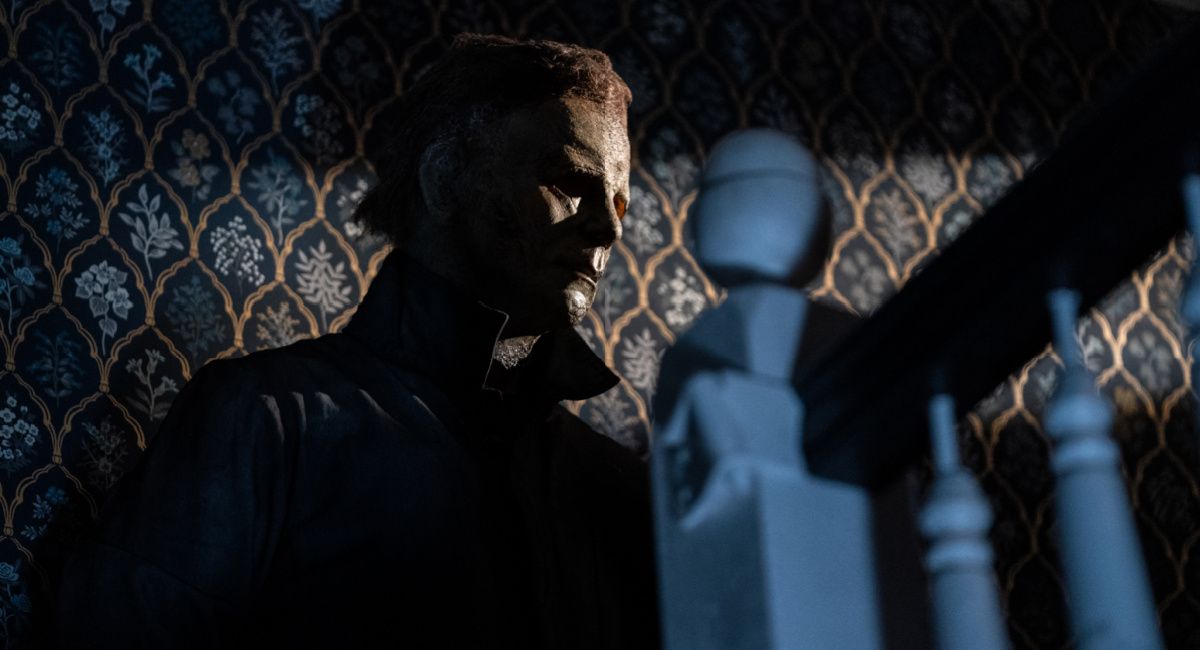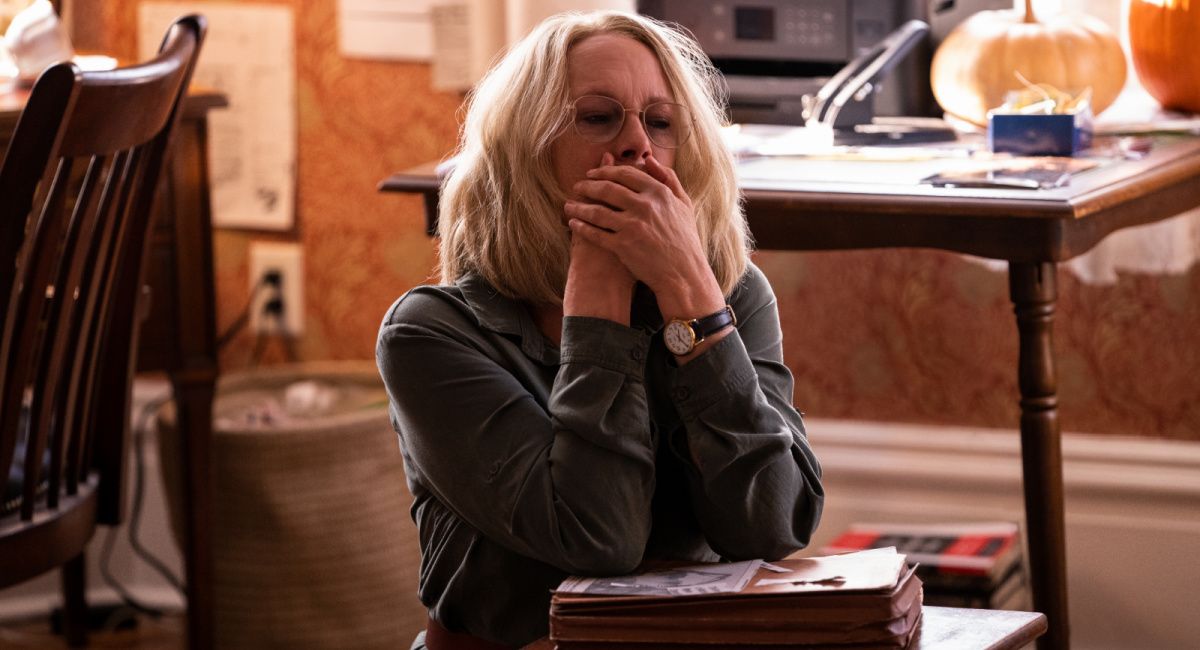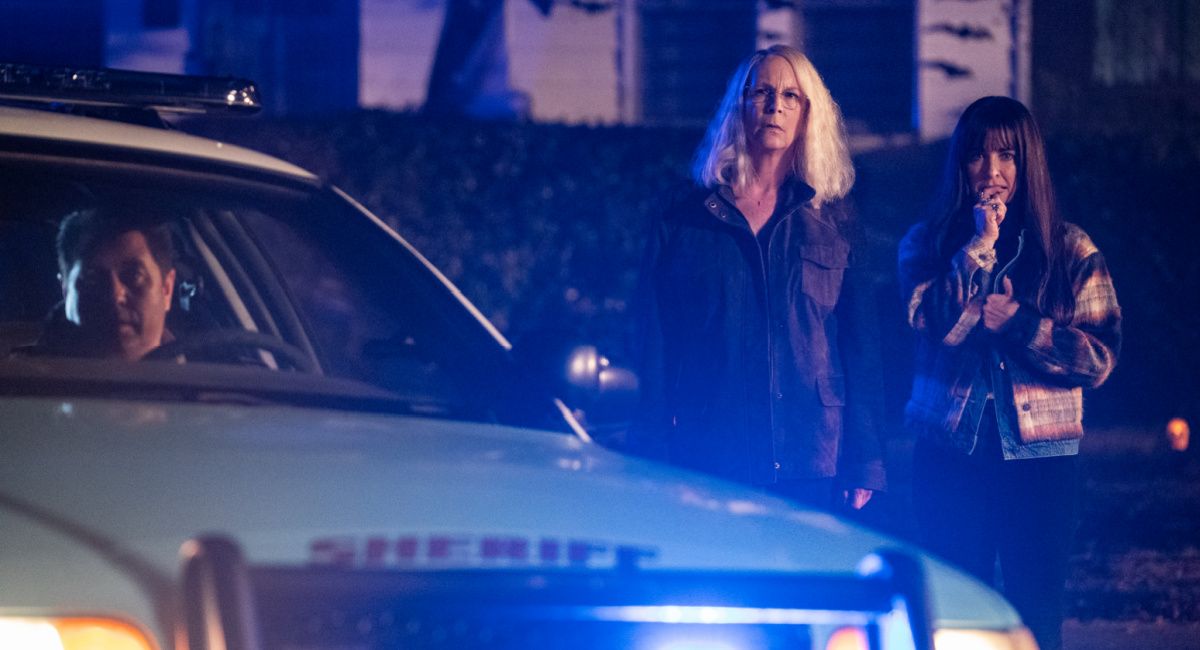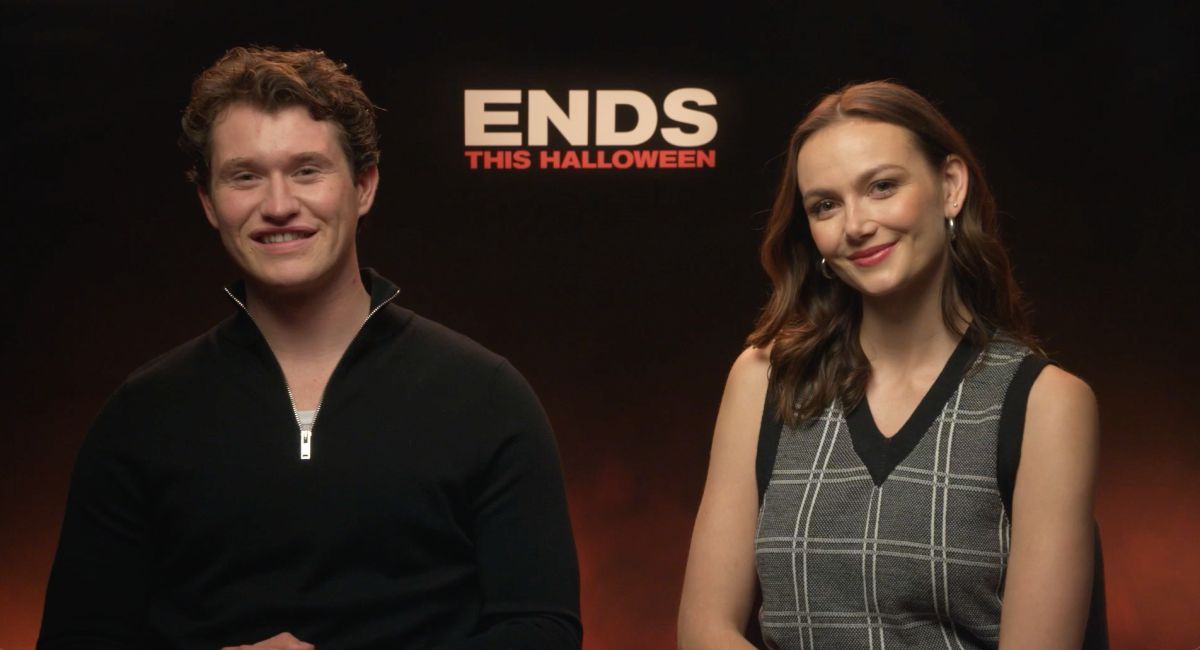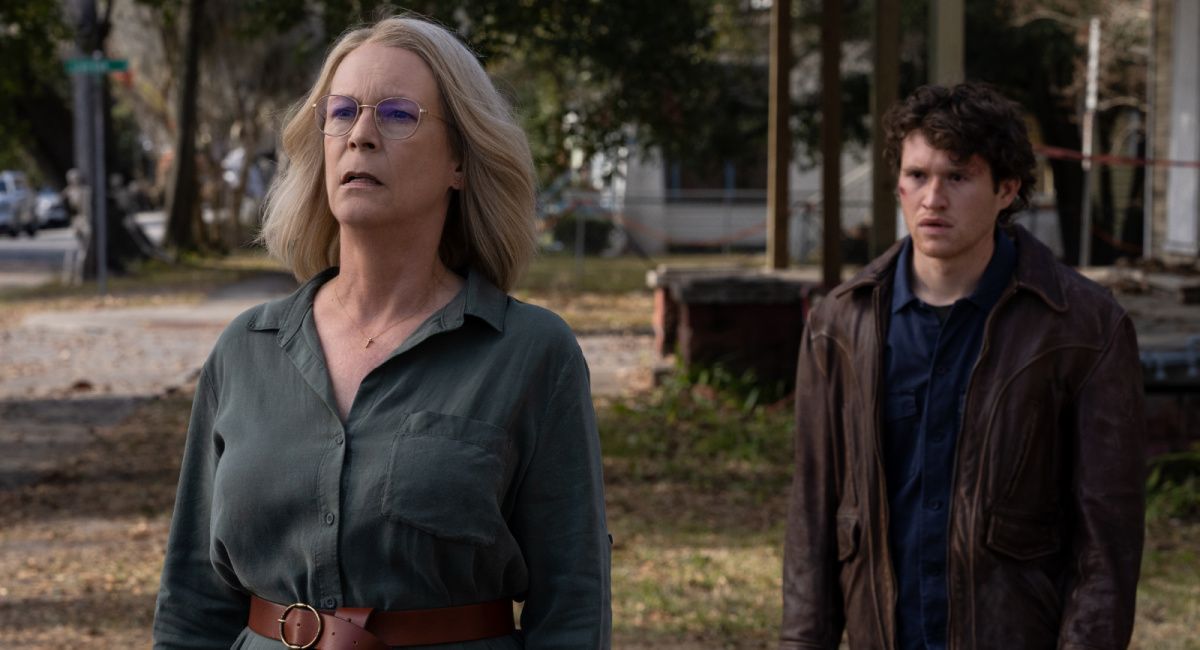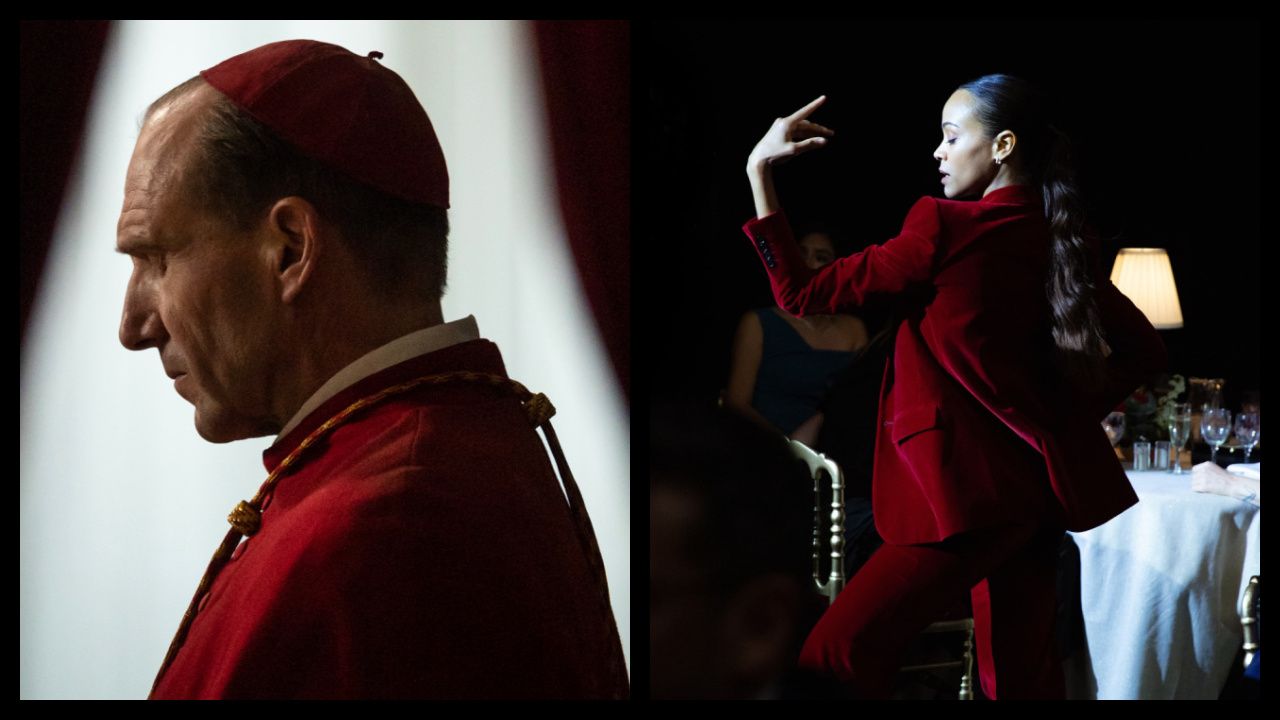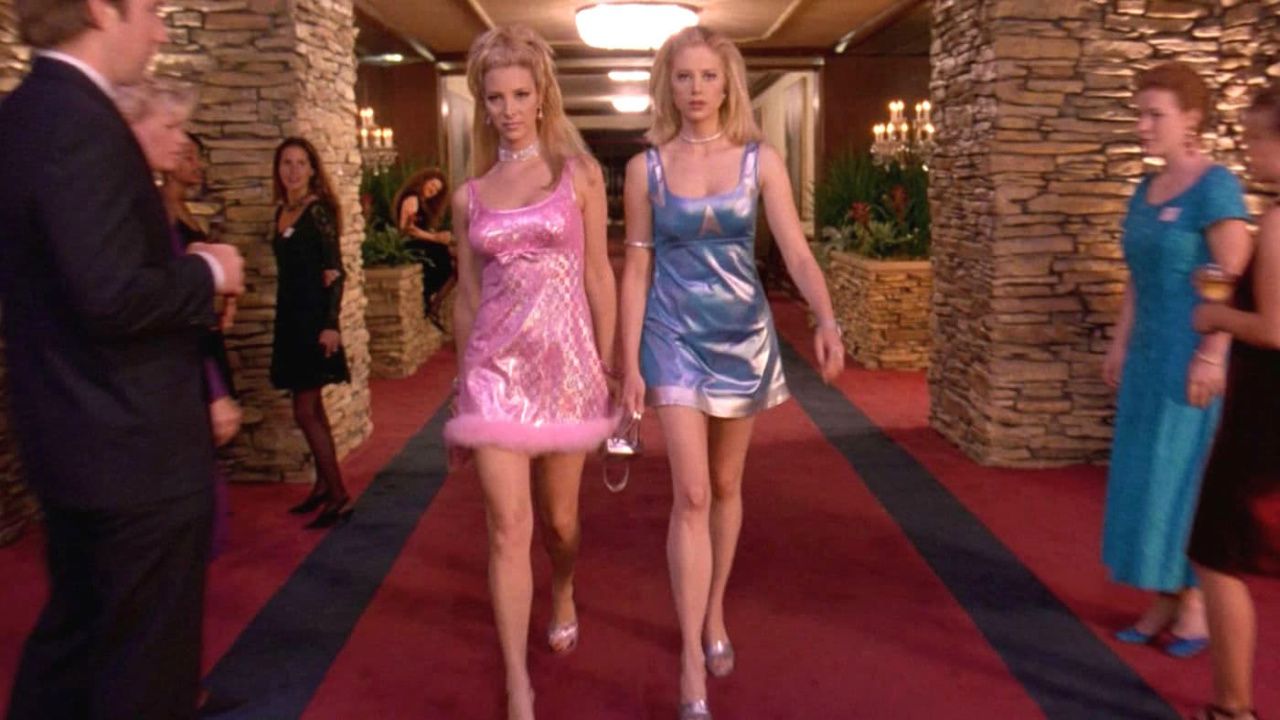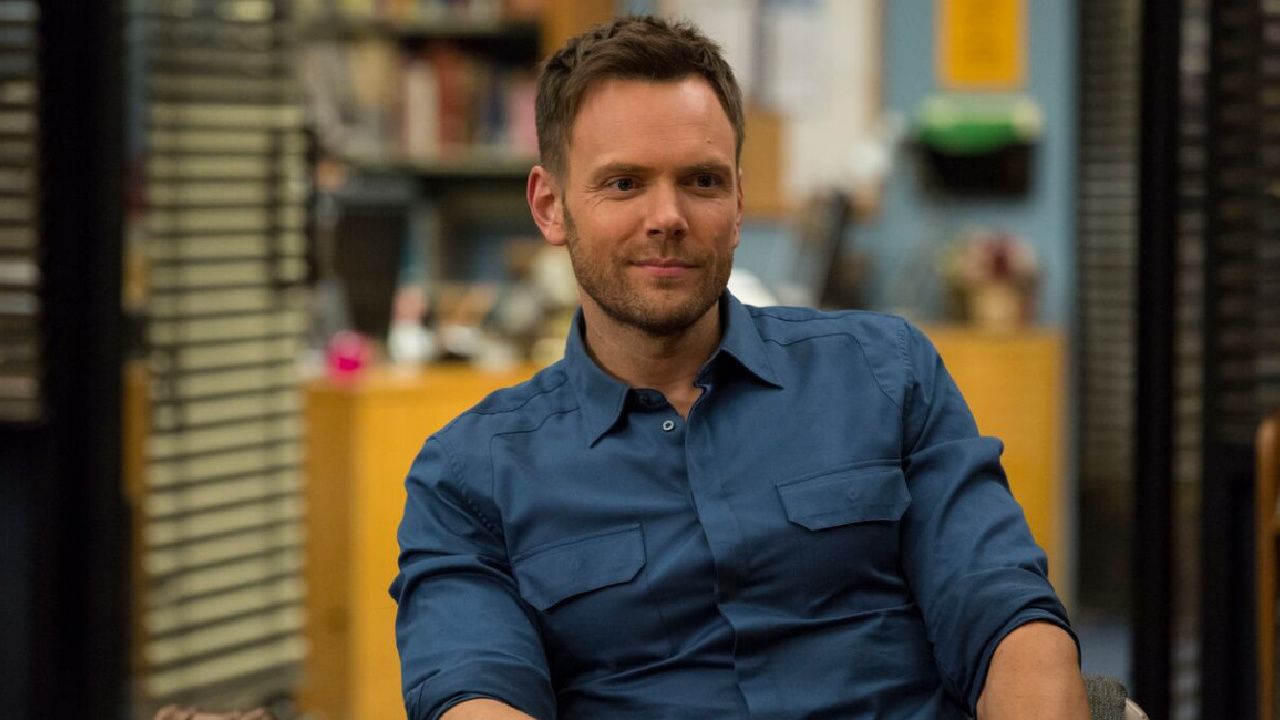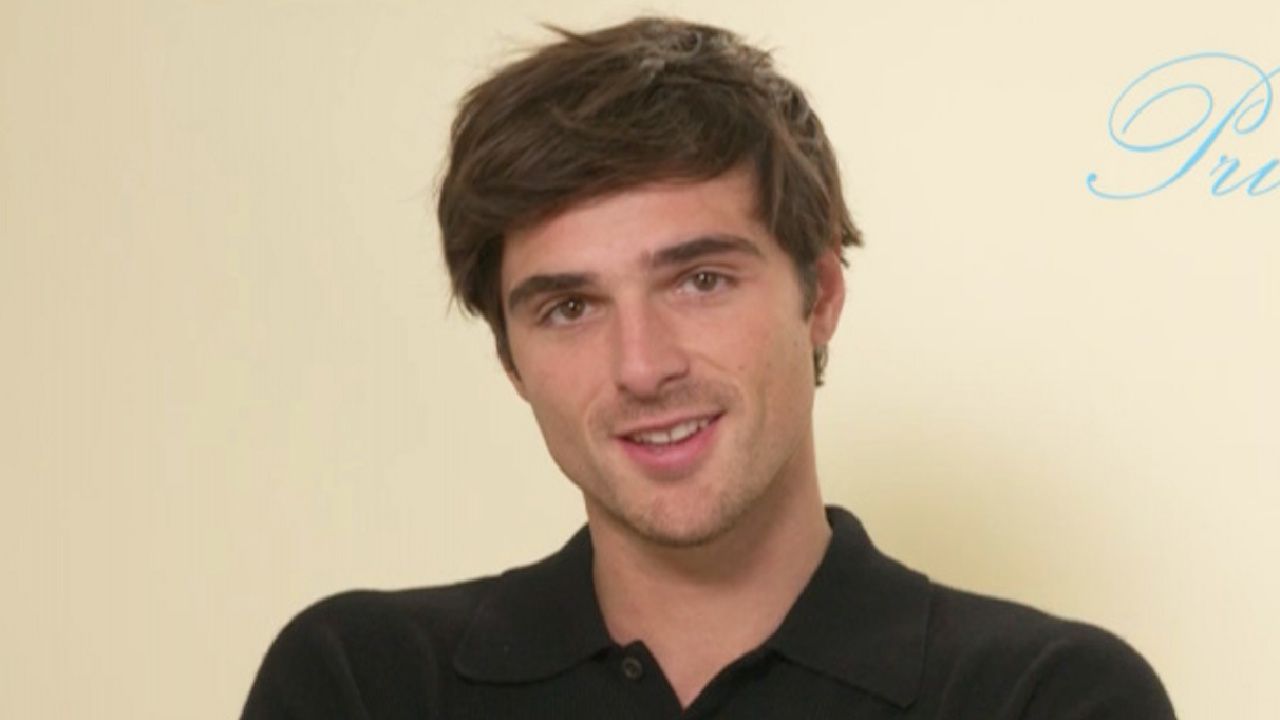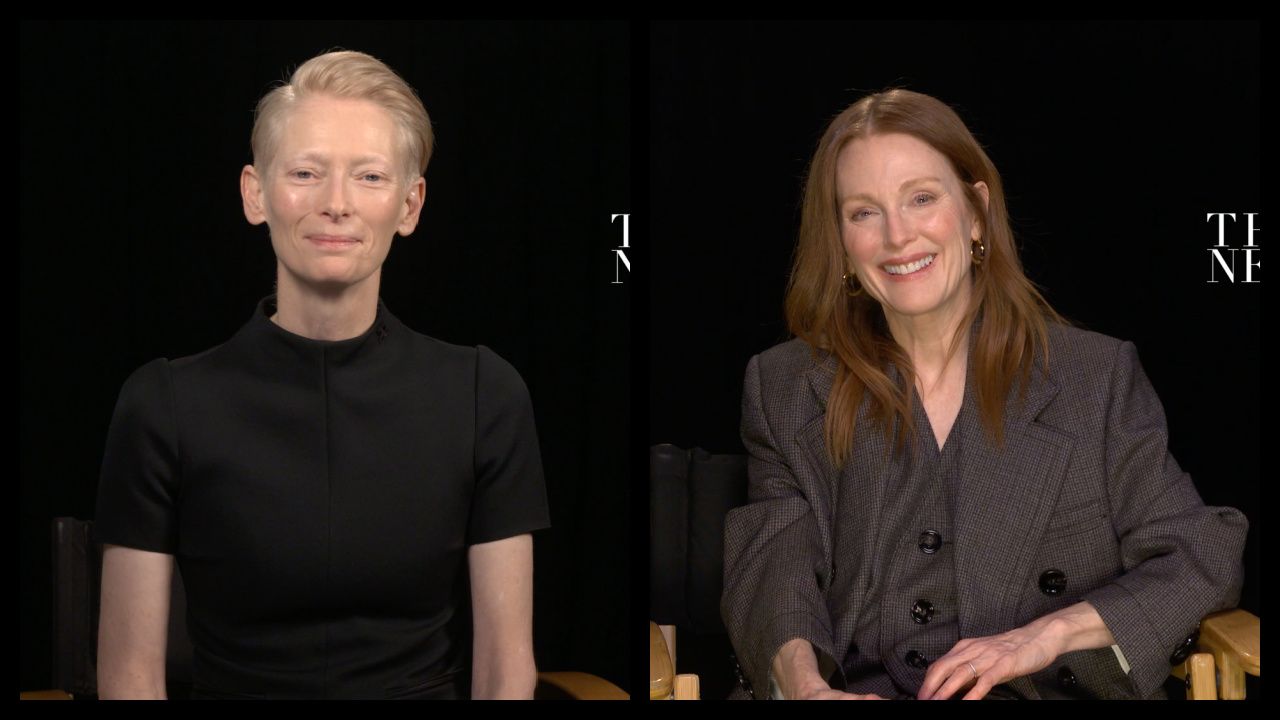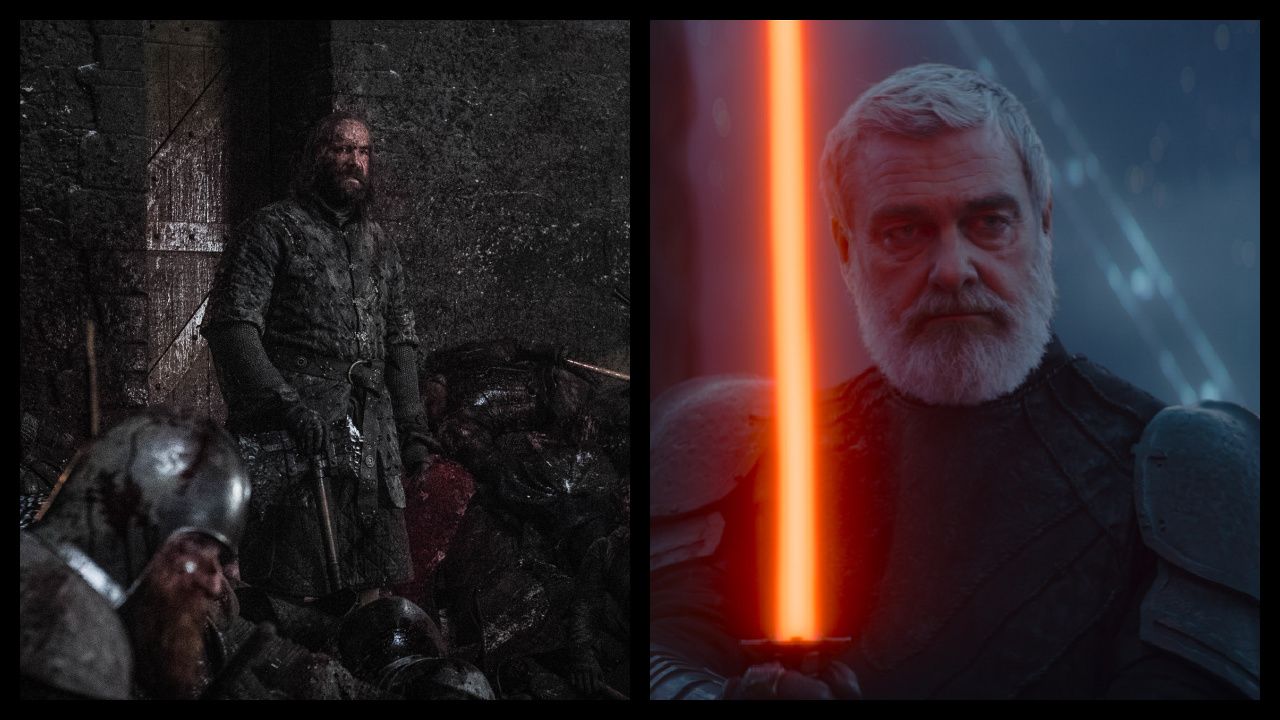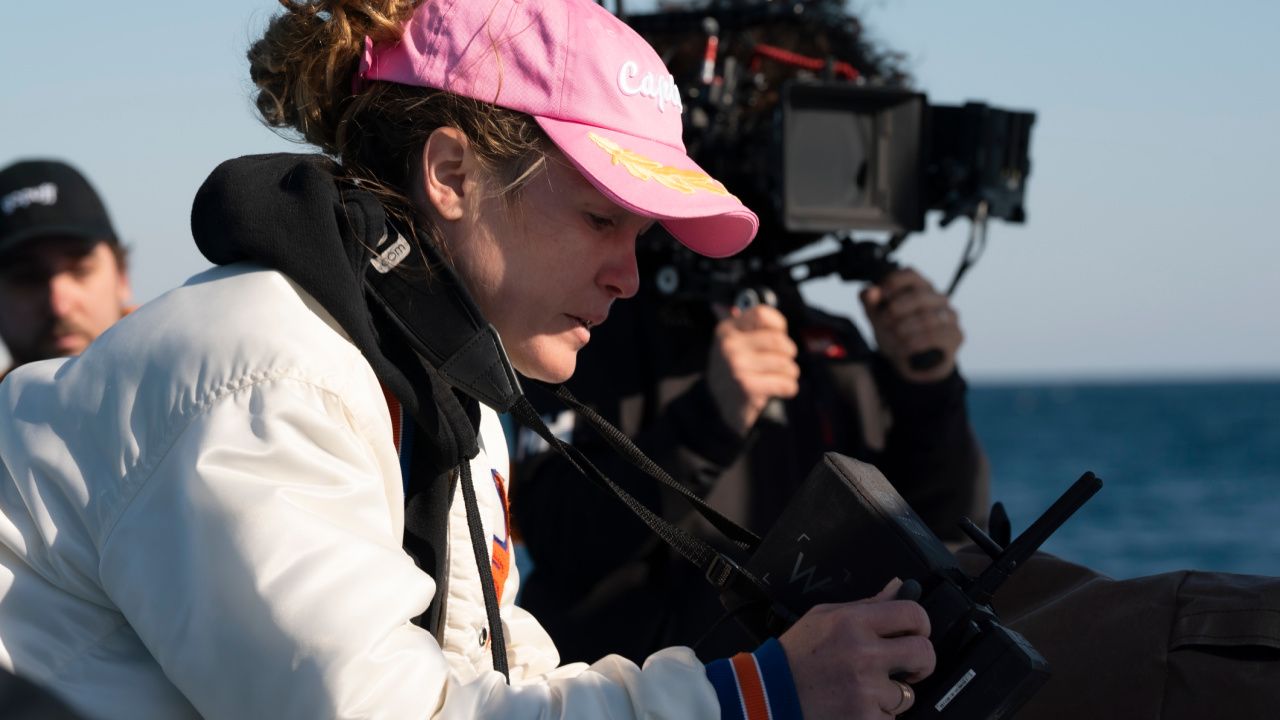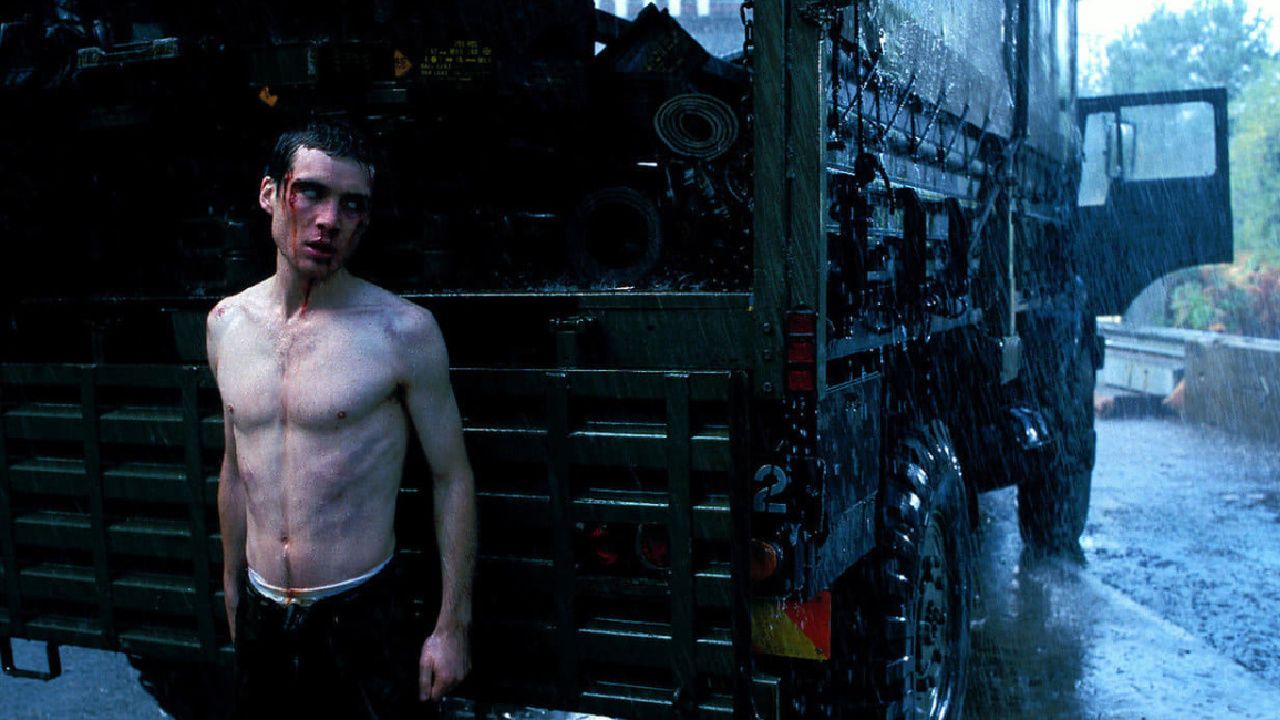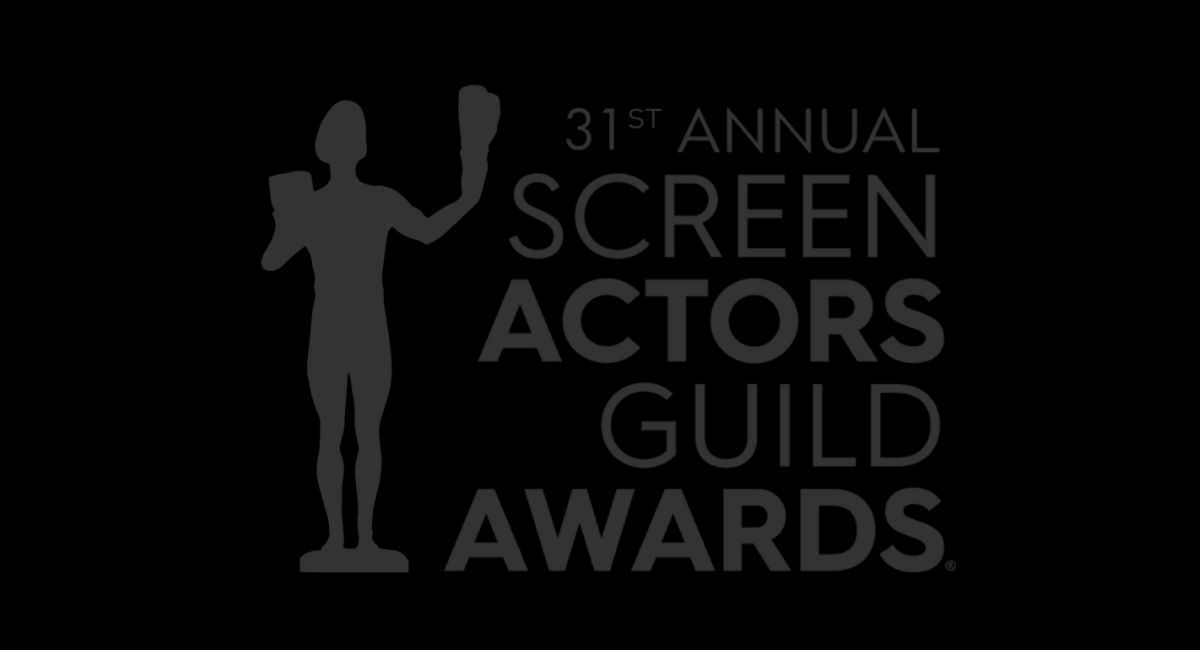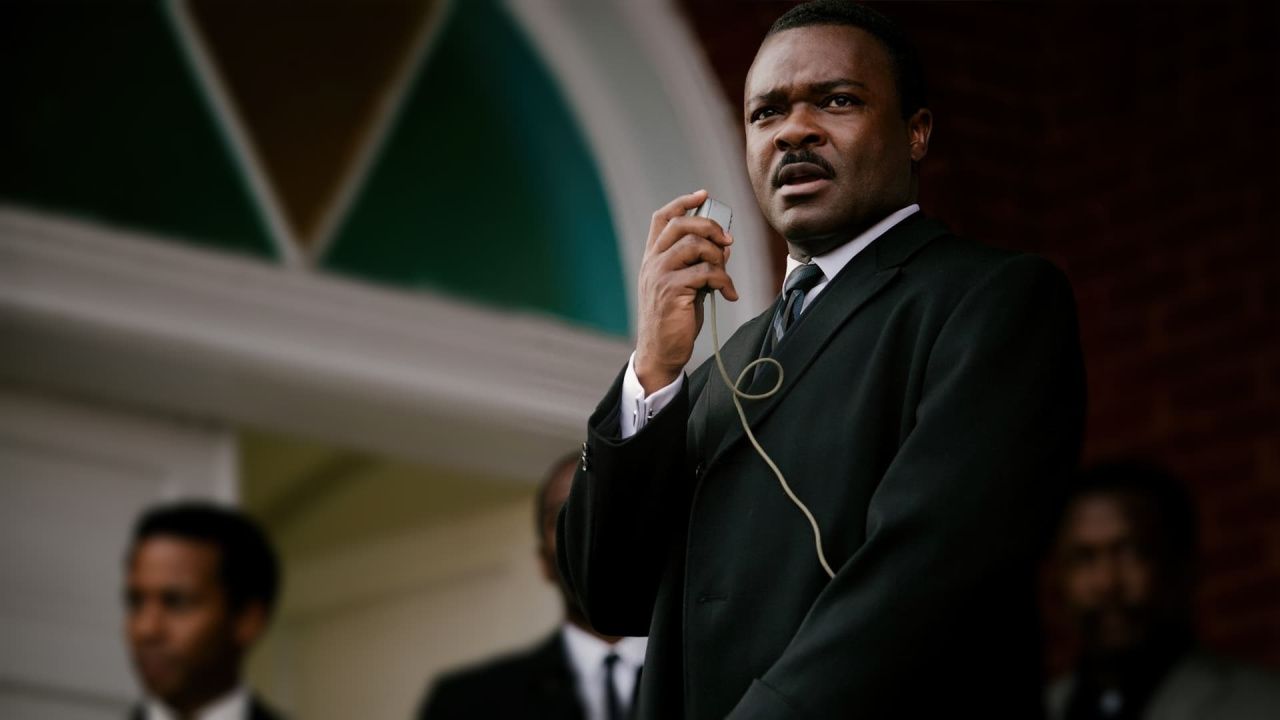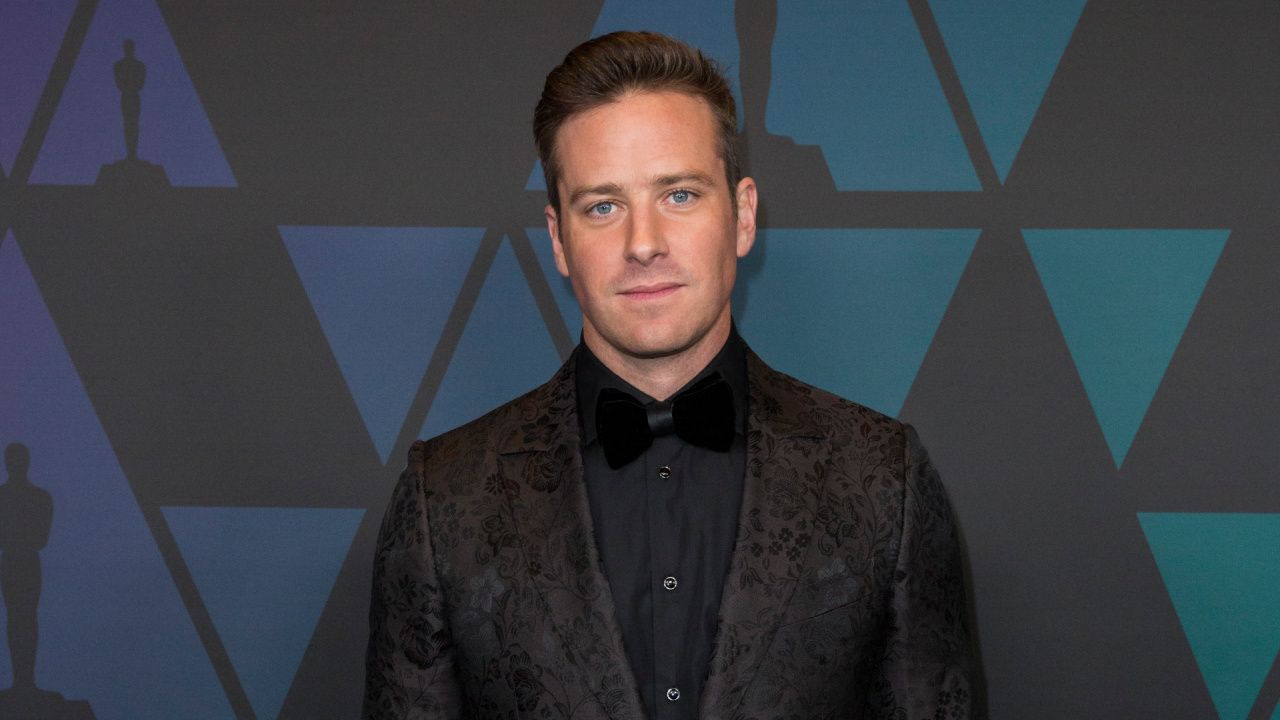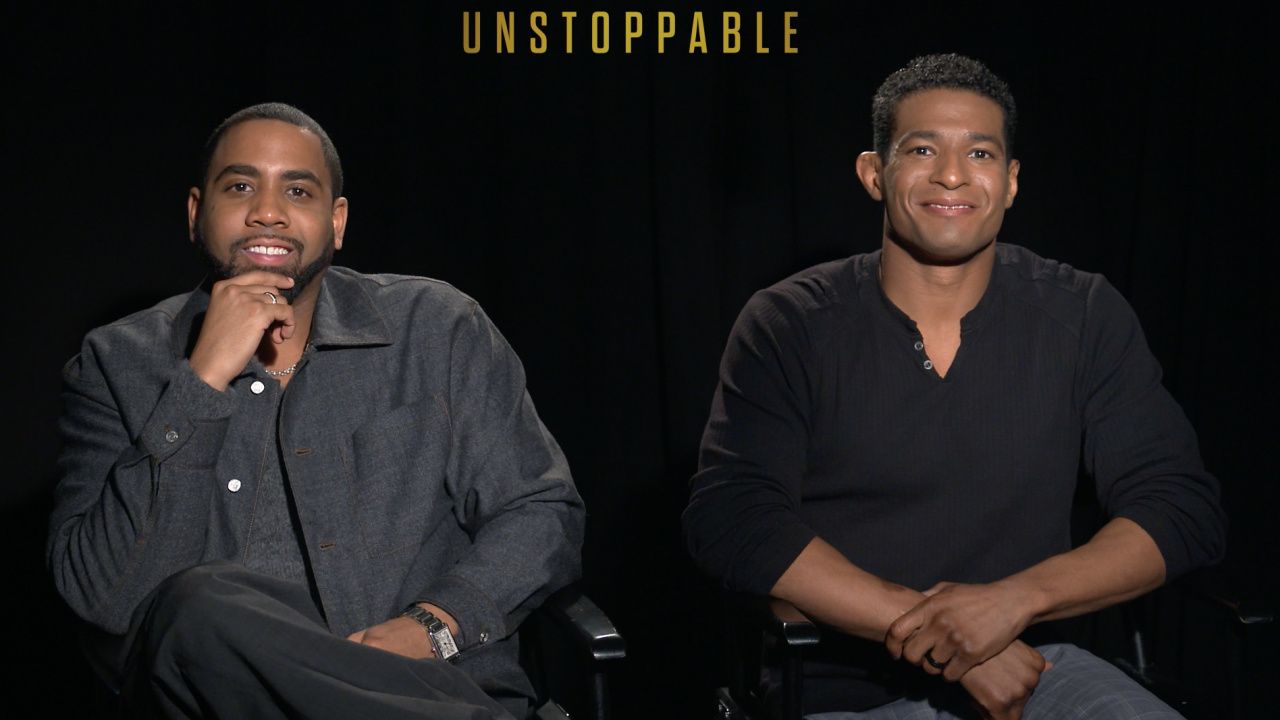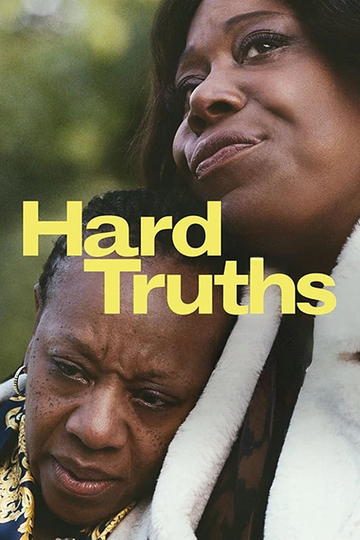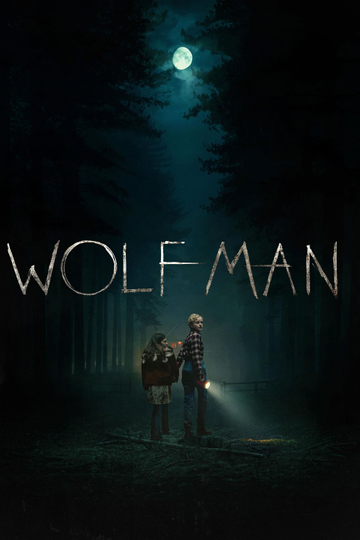'Halloween' Review: Horror Movies Don't Get Much Better (or Scarier) Than This
Nostalgia, a friend once told me, is paralysis. But moviegoers live in the era of the “legacyquel,” when filmmakers pay tribute to the franchises that inspired them by revisiting (and in some cases resurrecting) the core elements that drove their success.
After eight convoluted (and contradictory) installments in the “Halloween” series, a remake and its follow-up, director David Gordon Green has not only pulled off the unique feat of making a direct sequel to John Carpenter’s original, but in making that sense of legacy its thematic cornerstone.
In a film stuffed with callbacks for franchise fans both hardcore and casual, including a fiercely committed performance by Jamie Lee Curtis as would-be victim-turned-monster hunter Laurie Strode, “Halloween” achieves a skillful balance between dutiful homage and straightforward horror -- while somehow holding a thoughtful conversation about the dangers of paying too much attention to the past.
Forty years after the “Babysitter Murders” in Haddonfield, Illinois, Michael Myers (Nick Castle) has sat, silent and secluded, in an institution for the criminally insane. By contemporary standards, Michael’s murders of just a handful of people is a regional, relatively minor crime. But it’s a defining event in the life of Laurie Strode, who has spent the intervening decades preparing for what she believes is Michael's inevitable return. She has done so at the cost of two marriages, her possible sanity, and the custody of her daughter Karen (Judy Greer), now married with a daughter of her own, Allyson (Andi Matichak). Laurie's fears, and long-held plans to exact revenge, are rekindled when a transport carrying Michael to a maximum-security prison crashes and he escapes.
As Halloween festivities begin, Michael quickly carves a new path of destruction across Haddonfield, while Laurie demands that Karen and her family stay with her in the forest stronghold she has spent decades building in anticipation for this very eventuality. But even as police officer Frank Hawkins (Will Patton), who was on the scene for the original 1978 murders, desperately patrols the streets with Michael’s psychiatrist, Dr. Ranbir Sartain (Haluk Bilginer), circumstances conspire to bring together Michael and Laurie in a violent, no-holds-barred confrontation forty years in the making.
Those well-acquainted with the original “Halloween” will enjoy not just this film’s references to its predecessor, both visual and narrative, but the throughline it creates with the two main characters -- Michael Myers, restored to his terrifying, implacable origins, and Laurie Strode, resilient and hardened after decades of post-traumatic stress. A big part of the reason that the original film worked -- other than its largely unprecedented status as a slasher film before the genre was coined -- was that it established important details but didn’t try to explain too much, least of all what made Michael tick. Green, along with his co-writers Danny McBride and Jeff Fradley, reveal what has transpired during the intervening years but ignore -- and even make fun of -- the prospect of “understanding” him any better now as he continues his murderous spree. That his monolithic evil doubles as a metaphor for unresolved trauma only deepens his relationship with Laurie, whether the two are actually fighting face-to-face or as the bogeyman she is convinced exists but the rest of the world regards with disbelief -- or worse, indifference.
Unlike, say, “Halloween” remake director Rob Zombie, whose hillbilly aesthetic colors everything in his films (whether or not it’s appropriate), Green consistently and seamlessly adapts his style to the demands of the material. His reverence for Carpenter, both as writer and director, is palpable but unobtrusive, enhancing scenes with flourishes that closely resemble the elegant polish of Carpenter’s original. But the film’s underlying contention is that there is an inherent danger in fetishizing the past -- certainly built into Laurie’s self-destructive pursuit of vengeance -- but also in the concentric circles of Dr. Sartain, consumed with curiosity about what goes on in Michael’s head.
It's also there in regard to the investigative reporters who commemorate the anniversary of Michael’s killing spree by poring over the minutiae of the lives wrecked or ended in its wake. It’s a difficult task to try and live up to an iconic film like “Halloween” without purely aping its choices, but Green, McBride, and Fradley manage to pull it off -- effectively enough, anyway, for this to feel fresh and exciting.
Of course, if your experience with Michael Myers amounts to little more than “he was a guy with a mask who murdered people,” this sequel provides more set up than you’ll possibly need, and still exerts an impact; it’s probably the best flat-out slasher film in decades, certainly of those released by a major studio. Led by Curtis, who swaddles herself in Strode’s worldview like a warm, ever-constricting blanket, the performances are uniformly excellent. Every characterization oozes an awareness of what tropes cannot quite work now in the way they worked back then -- certainly with regard to victimization, both literal and thematic -- even as it acknowledges that, well, there have to be victims when there’s a masked murderer. There’s something profound and thrilling about Laurie being the throat-clearing, final “Final Girl,” a characterization that doubles as a gauntlet thrown down for the genre as a whole to reflect upon itself, and do better going forward.
Ultimately, “Halloween” does quite beautiful justice to the legacy of its characters -- and to the franchise -- because it allows audiences to live in that past, but crucially encourages them to focus on the future.











